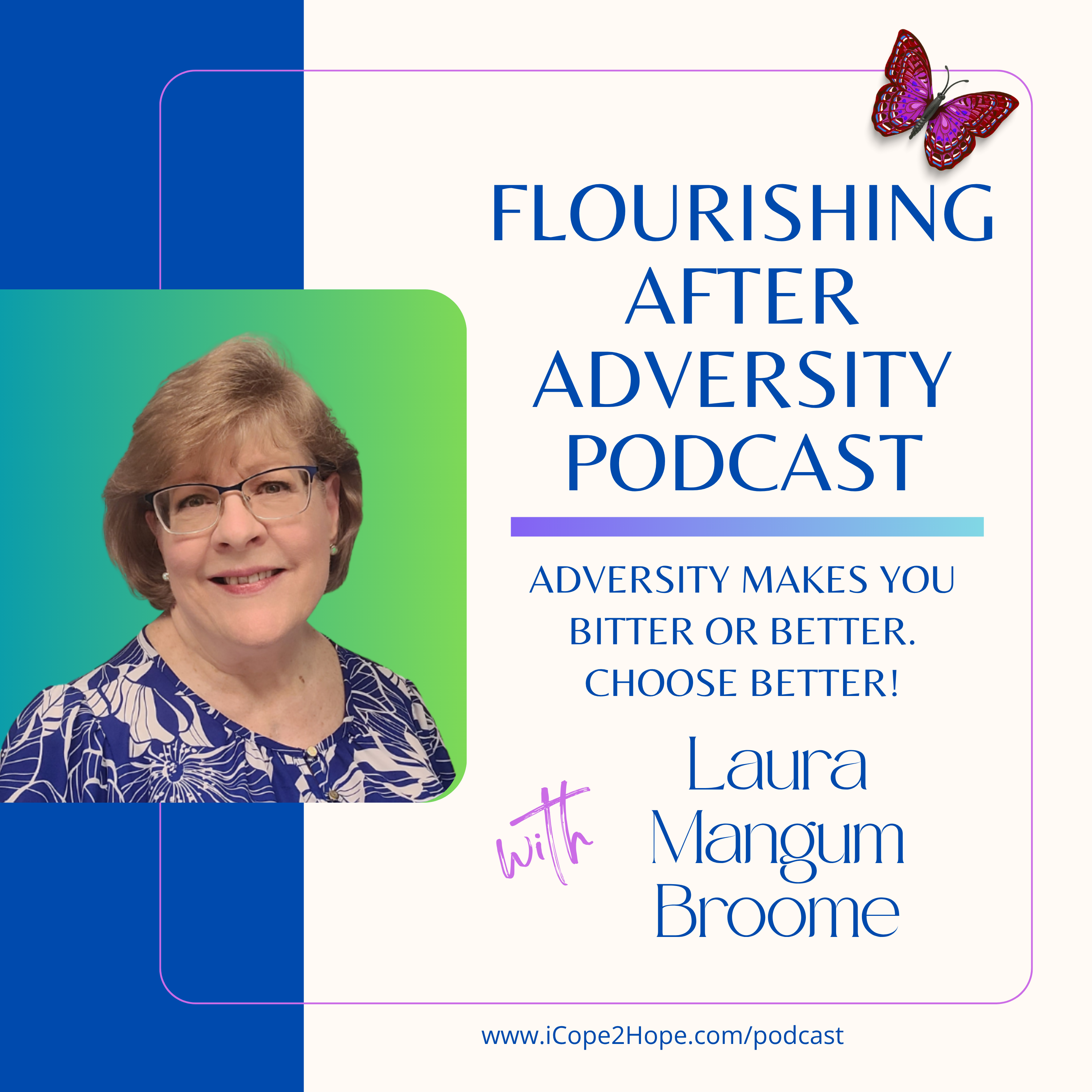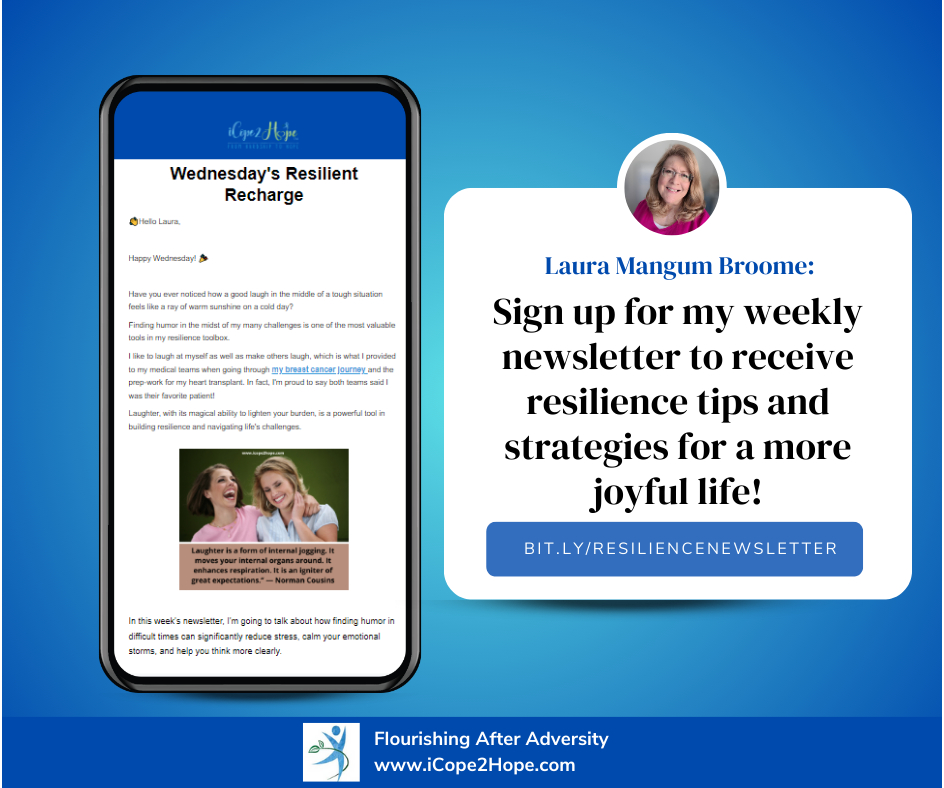Discover Joy Again After Loss

The Hidden Question Behind Adversity
When life shatters, the silence afterward can be deafening. You go through the motions, but everything feels muted. Laughter echoes faintly. Hope seems out of reach. Joy feels like a stranger you once knew but can’t imagine meeting again.
And sooner or later, the question creeps in:
What if I never feel joy again?
This is the hidden fear of grief. It’s not only about missing someone or something you loved. It’s the gnawing thought that the best parts of you—your laughter, your light, your hope—were buried with what you lost.
But this is the shift that changes everything: joy is not something lost. It’s something new being born.
Why Old Joy Can’t Be Recovered
Think of joy like a favorite song from your teenage years. The moment it plays, a memory stirs. You’re back in that car, windows down, singing like you owned the world. But decades later, when you hear the same song, it doesn’t land the same way. You’ve changed. Your life has changed.
That doesn’t mean the song has no value. It means the joy you once felt belonged to who you were then.
Trying to force yourself back into your “old life” is like trying to squeeze into shoes that no longer fit. They served you once, but they aren’t built for the path you’re on now.
Grief has a way of making joy feel unreachable because it reshapes more than your circumstances. It reshapes who you are.
How Grief Redefines Identity
Grief isn’t only about what you lost. It’s also about who you were in relation to that loss.
-
A spouse dies, and suddenly you’re no longer part of a couple.
-
A child leaves home, and you’re left wondering who you are without the daily role of parent.
-
A divorce shatters your picture of the future, and the reflection in the mirror feels like a stranger.
-
A health crisis strips away the version of you who felt strong, capable, and independent.
You don’t just lose the person or the circumstance. You lose the mirror that told you who you were. No wonder joy feels like a ghost.
But here’s the quiet hope: identity is not fixed. It shifts.
Grief changes you, but it doesn’t erase you. Asking “Who am I now?” may feel terrifying, but it’s also the first step toward rediscovering joy.
I know this firsthand.
When I lost my teenage son while going through breast cancer treatments, I thought joy was gone forever. The grief was unbearable, and I felt like my very identity had been stripped away. But what I eventually discovered is that my strengths—my perseverance, my faith, my hope—were still inside me. They became the roots that kept me standing when I thought I’d fall.

Your Superpowers
When identity feels erased, the way forward is not to chase the past. It’s to rediscover what still remains.
That’s where Step 2 of my iCope2Hope 3-Step Resilience Framework comes in:
Discover Your Superpowers to Overcome Any Challenge.
When grief leaves you feeling empty, it’s easy to forget what you still carry inside. But even in the darkest seasons, your strengths are not gone.
Your superpowers are the personal assets no one and nothing can take away:
-
Skills you’ve honed through years of life experience.
-
Talents that come naturally to you.
-
Passions that still spark meaning, even in small ways.
-
Character strengths like perseverance, courage, kindness, and zest.
Resilience isn’t about ignoring pain. It’s about bending without breaking. Like a palm tree in a hurricane, your root system is deeper than you realize.
Rediscovering the Strengths You Still Have
Pause here for a moment. Ask yourself:
-
What carried me through my last hardest season?
-
What have people always admired or thanked me for?
-
When I had nothing left to give, what part of me still showed up?
The answers to these questions hold your superpowers.
For example:
-
Compassion often deepens after loss. Suddenly you see pain in others more clearly.
-
Determination shows up when you keep getting out of bed, even on days you’d rather hide under the covers.
-
Wisdom grows from scars. It allows you to guide someone else through what once broke you.
Grief whispers, “You’re nothing without what you lost.” But your strengths—your superpowers—answer back: "That’s not true. I am still here. I am still strong."
Why Most People Stay Stuck
If rediscovering joy is possible, why do so many people feel trapped in grief for years? Often, it’s because of these common traps:
-
Chasing the old version of joy. You try to “get back to normal,” but that life no longer exists.
-
Numbing the pain. Busyness, distraction, or unhealthy habits keep you from facing grief, but they also block joy.
-
Comparing timelines. You pressure yourself because others seem to “move on” faster. But grief has no stopwatch.
-
Believing the lie that it’s too late. Many women in midlife—especially between the ages of 45 to 65—fear they’ve missed their chance for joy. But joy is not bound by age.
Staying stuck is natural. But it isn’t final. The turning point is realizing joy isn’t something you go back to. It’s something you redefine.
Redefining Joy: Not What Was, But What Can Be
Joy after loss may feel unfamiliar, but unfamiliar doesn’t mean impossible.
- It might not look like loud laughter at a crowded table. It might be the quiet comfort of a sunrise walk.
- It might not be the milestones you dreamed of. It might be the small wins you never thought to celebrate.
- It might not come from the same people. It might arrive through new friendships, communities, or callings.
Here’s what I learned through my own loss: joy and grief can exist side by side. One doesn’t cancel the other. In fact, many people find the deepest joy grows from the soil of loss—because it’s seasoned with gratitude.
Imagining Joy as Something New
Try this simple exercise:
Close your eyes. Picture yourself one year from now.
-
Where are you?
-
Who is with you?
-
What makes you smile in that moment?
For some, the vision might be sitting in a colorful flower garden taking in the different scents, breathing peace. For others, it might be dancing at a wedding, holding a grandchild, or laughing again without guilt.
Imagining forward doesn’t mean pretending the loss never happened. It means allowing yourself to believe joy has not abandoned you.
How to Begin Reclaiming Joy in Everyday Life
Joy doesn’t usually return all at once. It comes back in moments. Here are five simple ways to invite it back into your life:
1. Name Your Superpowers.
Make a list of your strengths: skills, talents, and character qualities. Keep it visible. When grief whispers “you’re not enough,” let your list answer back: "I am still strong. I am still capable."
2. Redefine Joy for Today.
Fill in these two sentences:
-
Joy used to look like ___. (Example: ...big family gatherings.)
-
Today, joy might look like ___. (Example: ...dinner with an grown child's family)
This shift helps you release the old while opening to what’s possible now.
3. Create Small Joy Habits.
Micro-habits retrain your heart to notice joy again. Try:
-
Lighting a scented candle in the morning and whispering one thing you’re grateful for.
-
Stepping outside for five minutes, no matter the weather.
-
Calling one trusted friend a week just to laugh.
4. Share Your Strength With Others.
Contribution has a way of awakening joy. Mentor someone younger. Volunteer in a cause that matters. Share your story with someone who needs it. When you use your pain to lift someone else, joy often surprises you in return.
5. Imagine Forward With Hope.
Each night, write down one hopeful thing for tomorrow. It doesn’t have to be big—a walk, a good book, a favorite meal. Over time, these small sparks reignite your belief in joy’s return.
A Personal Word
When I lost my teenage son, the grief felt unbearable, like an endless night.
But even in that season, I discovered something I didn’t expect. My ability to find slivers of joy in my day. Not the same joy I had before. A different kind of joy. One rooted in gratitude, faith, and the quiet strength that comes from surviving what I once thought I couldn’t.
That’s why I believe so strongly that joy is not what you lost. It’s what you will discover again. New, unexpected joy, and just as real.
Put It in Action
Grab a journal and spend 10 minutes with these prompts:
-
What strength helped me survive my last hardest season?
-
Where am I still using that strength today?
-
What new picture of joy can I begin to imagine for myself now?
Final Encouragement
You don’t need to go back to who you were.
Joy hasn’t abandoned you. It may look different. It may take time. But it’s waiting on the other side of grief, ready to meet the person you are becoming.
Because joy is not what you lost.
It’s what you will discover again—new, tender, resilient, and real.
If you’re ready to take the next step in rediscovering your strength, I’d love to walk alongside you. Schedule a call with me here.
Grab Your Free Guide!
The Reframe the Spiral: 5 Coping Strategies to Shift Negative Thoughts & Reclaim Your Day workbook walks you step-by-step through 5 proven mindset strategies to help you stop negative thoughts in their tracks and reconnect to your strength. You'll learn how to:
- Stop letting your inner critic lead your day
- Discover clarity despite chaos
- Calm intense emotions
- Rebuild your self-trust and confidence
- Create a plan for real possibility
Stay connected with news and updates!
Join our mailing list to receive the latest tips and proven coping strategies to strengthen your resilience. You CAN turn obstacles into opportunities and flourish in life.
We hate SPAM. We will never sell your information, for any reason.



